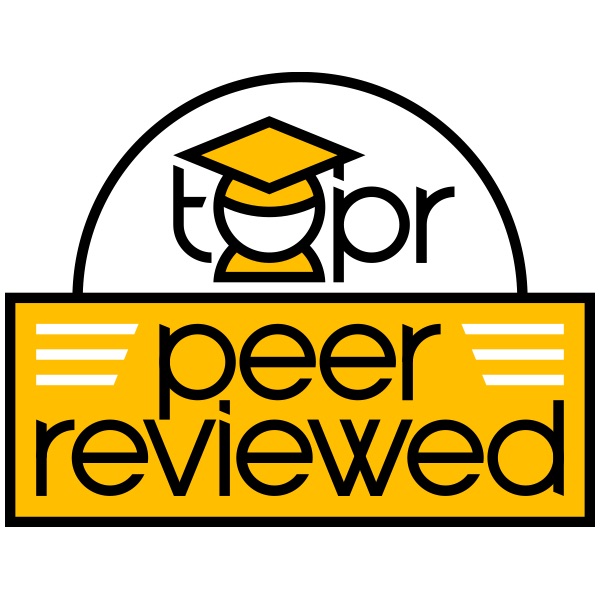
An advance organizer is relevant introductory materials presented in advance in any format of text, graphics, or hypermedia (Ausubel, 1968). Instructors may use an advance organizer to present a framework for module content. Ausubel’s idea of an “advance organizer” is to relate what a student already knows to the new content to be learned and thus increase retention. Advance organizers should be at a higher level of abstraction, generality, and inclusiveness than the content to be presented. Although not technically advance organizers, some faculty may choose to provide overviews, outlines, statements of objectives, pre-instructional questions, etc. for similar reasons (Chen & Hirumi, 2009).
Advance Organizers ARE:
- Organizational cues
- Tools that help connect the known to the unknown
- Frameworks for helping students understand what it is they’ll be learning
Advance organizers are NOT
- A review of what was covered in the previous class session
- A simple overview
- Recalling what was done last week or last year
- Telling the students about tomorrow
- Recalling a personal experience and relating it to what will be learned
- Stating the objectives of the lesson
Link to example artifact(s)
- Examples of advance organizers: https://knilt.arcc.albany.edu/Advance_Organizers#UNIT_2-_What_are_some_examples_of_advance_organizers_and_how_can_they_be_used.3F
- Ask students to compare and contrast the new content based on what they know. For example, what can they tell about its color, shape, smell, feel, or taste? Demonstrate by using a related determinant. For example, use baseball to teach cricket, or ping pong to teach tennis.
- Give a scenario and ask students to infer rules based on their current knowledge.
- Have students identify the characteristics of a known quantity and then relate it to the new idea/concept. For example, offer renderings of different types of geometric forms before discussing their individual likenesses and differences.
- Identify a problem and ask for a reason why it may occur (before teaching the reason). For example, you might discuss the origins of a war before describing its major battles.
Link to scholarly reference(s)
Ausubel, D. P. (1968). Educational psychology: A cognitive view. New York: Holt, Rinehart, & Winston.
Chen, B., & Hirumi, A. (2009). Effects of advance organizers on learning for differentiated learners in a fully Web-based course. International Journal of Instructional Technology & Distance Learning. http://itdl.org/Journal/Jun_09/article01.htm
Citation
Chen, B. (2014). Use advance organizers to present content. In B. Chen & K. Thompson (Eds.), Teaching Online Pedagogical Repository. Orlando, FL: University of Central Florida Center for Distributed Learning. https://topr.online.ucf.edu/advance-organizer/.